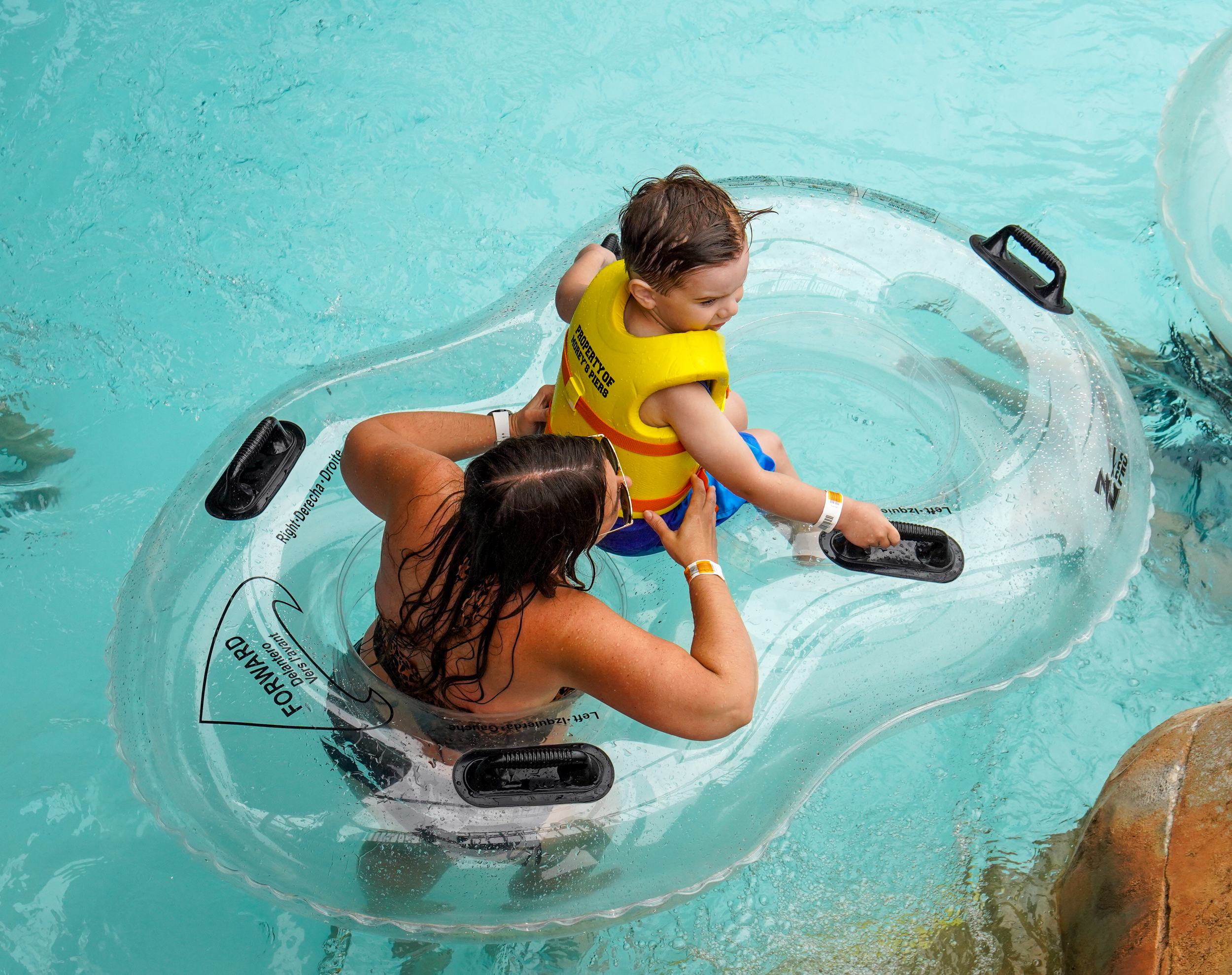Norovirus is a highly contagious stomach virus that spreads quickly in winter, causing sudden...
Read MoreEffective Monday, January 5th, Inspira Health is now at Yellow Alert Status: Masks for staff, patients and visitors in all high-risk areas across our facilities are strongly recommended.


Summer is here, which means more people are spending time outside enjoying the beautiful weather. If your family is at the beach or the pool, you can keep them safe with some basic precautions. Here are nine tips for keeping your family out of harm’s way while having fun in the sun.
“Regardless of how well a child can swim, caregivers should pay constant attention when supervising children near water,” said Tammy Turner, D.O., Inspira Medical Group Primary Care Mantua. “Avoid distractions such as cell phones that divert your focus.” If you’re with a group, take turns with other adults being the designated water watcher.
Do not allow anyone to swim alone, especially in open water. Encourage the use of the buddy system so swimmers can monitor and help each other. Partnering up allows for shared responsibility for safety.
When possible, stick to swimming areas with on-duty lifeguards. Lifeguards are excellent swimmers with training in emergency rescue procedures. Their job is to protect swimmers from anything that might be dangerous. Lifeguards can perform cardiopulmonary resuscitation (CPR) or contact paramedics in an emergency.
If you’re swimming with young children or others with limited water experience, make sure they wear United States Coast Guard-approved life jackets while in and around the water. Inflatables such as water wings can help support children, but they are no replacement for attentive adult supervision.
Approximately 350 children under five drown in swimming pools every year. “Drownings in home pools often happen at unexpected times,” said Dr. Turner. “Preventing access to the pool during unsupervised times can stop the unthinkable from happening.”
Make sure everyone in your family knows when and how to call 9-1-1. If a child is missing, always start by checking the water. Keep safety equipment nearby, including a first aid kit and lifejackets.
Water safety and first aid courses can teach you strategies for responding to and preventing water emergencies. Swimming classes can give children more experiences with water and teach them water safety basics.
The American Academy of Pediatrics recommends that children drink water before, during and after swimming to avoid dehydration. Swimming is a rigorous activity, so it’s a good idea to have water on hand to ensure your family stays hydrated.
“Use a water-resistant, broad-spectrum sunscreen with a skin protection factor (SPF) of at least 30,” said Dr. Turner. “Apply sunscreen 30 minutes before going outside and reapply it every two hours or after every swim session.”
Inspira Health is a high reliability organization (HRO), which means safety is the top priority for patients and staff. To make an appointment, call 1-800-INSPIRA.

Norovirus is a highly contagious stomach virus that spreads quickly in winter, causing sudden...
Read More
Low testosterone can impact more than sexual health; it can influence energy, mood, muscle mass and...
Read More
Hand, foot and mouth disease (HFMD) is a common viral illness that primarily affects young children...
Read More